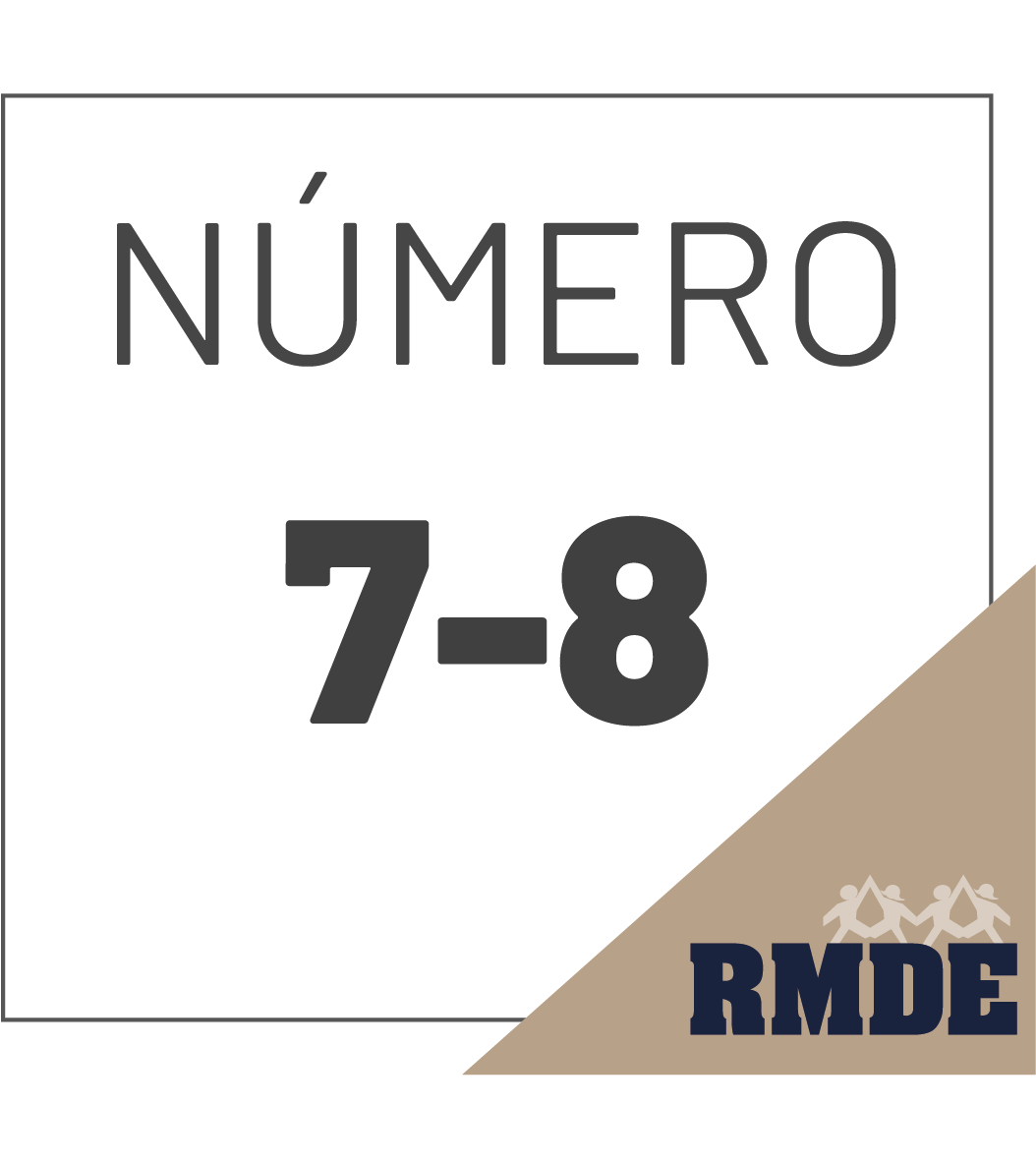Constitutional control of electoral law
The Mexican legal system has a mixed model of constitutional review. On one hand, there is a concrete control in which the norm deemed unconstitutional is no longer applied to the specific case (an inter partes effect); nevertheless, it remains in force. On the other hand, there is an abstract control that results in the invalidity of the norm whenever it is found contrary to the constitution, which has a general effect (erga omnes).
This can be observed in the current system of constitutional control of electoral norms in our country, essentially limited due to: 1) The writ of Amparo in Mexico, established in articles 103 and 107 of the constitution, is inadmissible in electoral matters; 2) Regular citizens lack standing to present actions of unconstitutionality which, according to article 105, is the only means to claim the non-conformity of electoral laws to the Constitution; and 3) The kind of control performed by the Electoral Tribunal of the Federal Judicial Branch (TEPJF, Tribunal Electoral del Poder Judicial de la Federación, in Spanish) is concrete, which means that its rulings’ effects are limited to the parties of a specific trial.
This creates a problem of legal certainty for citizens before electoral norms that violate their fundamental rights. It is necessary for article 99 of the constitution to grant the TEPJF the authority to exercise an abstract control, so that its rulings may have general effects.

















